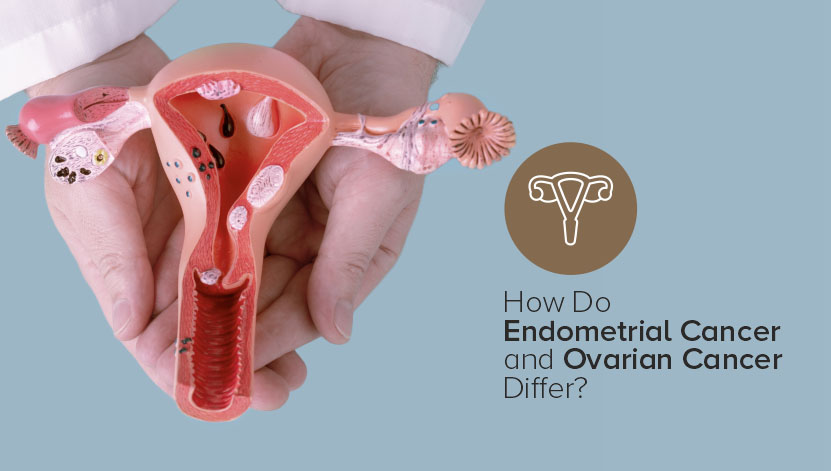Understanding and distinguishing between different types of cancer is crucial for early detection, treatment, and patient outcomes. Two types that can often be difficult to tell apart for the layperson are endometrial cancer and ovarian cancer. Despite both cancers being specific to women's reproductive systems, they differ in many ways.
